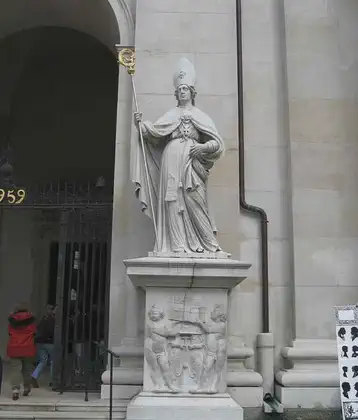On November 27, 1906 in Celtic History
Michael cusack, one of the founders of the gaa, died
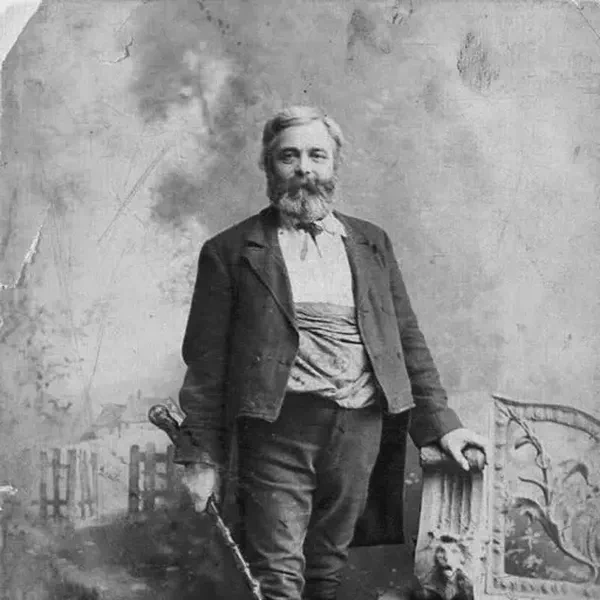
Michael Cusack, one of the founders of the Gaelic Athletic Association (GAA), passed away on November 27, 1906. He was a key figure in the establishment of the GAA in 1884, along with Maurice Davin, John Wyse Power, and others. The GAA was founded with the aim of promoting and preserving traditional Irish sports and culture.
Michael Cusack was born on September 20, 1847, in Carran, County Clare, Ireland during the Great Irish Famine.
Cusack became a national school teacher, and after teaching in various parts of Ireland became a professor in 1874, in Blackrock College, then known as the French College. In 1877, Cusack established his own Civil Service Academy, ‘Cusack’s Academy’ in Dublin which proved successful in preparing pupils for the civil service examinations.
He played a crucial role in the early development of the GAA and was its first secretary. His vision was to revitalize and popularize traditional Irish games such as hurling and Gaelic football. The GAA has since grown to become one of the largest and most influential sporting organizations in Ireland.
Gaelic Athletic Association
The Gaelic Athletic Association (GAA) is an Irish and international amateur sporting and cultural organization. It was founded on November 01, 1884, in Thurles, County Tipperary, Ireland, with the aim of promoting and preserving traditional Irish sports and cultural activities. The GAA is particularly known for its promotion of Gaelic football, hurling, and camogie.
Gaelic Football
A field game played with a round ball and H-shaped goalposts. Teams score points by kicking the ball over the crossbar or into the goal.
Hurling
One of the world’s oldest field games, played with a small ball and a stick called a hurley. Like Gaelic football, points are scored by sending the ball over the crossbar or into the goal.
Camogie
Similar to hurling but played by women. Camogie has its own set of rules but shares many similarities with hurling.
Handball
The GAA also promotes the traditional Irish sport of handball, which is played in a walled court.
Cultural and Social Activities
In addition to sports, the GAA is involved in promoting Irish culture and language. It hosts events, competitions, and initiatives to celebrate and preserve Irish traditions.
Community Focus
The GAA is deeply rooted in local communities, and its clubs play a significant role in fostering a sense of identity and community spirit.
The GAA is organized into local clubs, with each county in Ireland having its own board responsible for organizing competitions and events. The All-Ireland Senior Football and Hurling Championships are among the most prestigious competitions in Gaelic games.
The association has played a crucial role in preserving and promoting Irish identity and culture, particularly during periods of historical and cultural change. Today, the GAA remains a central part of Irish life, with a large and dedicated following both in Ireland and among the Irish diaspora.
More From This Day
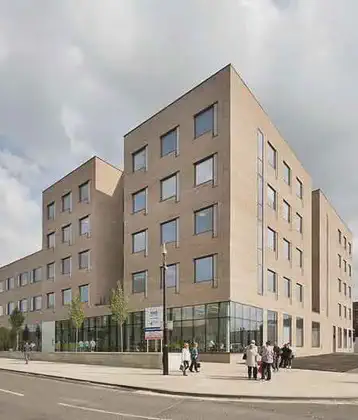
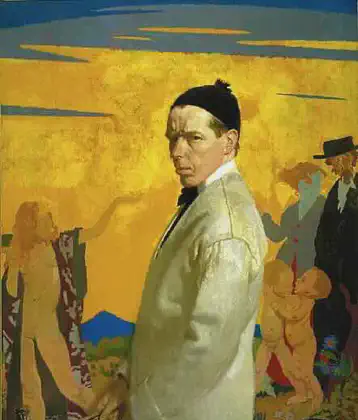

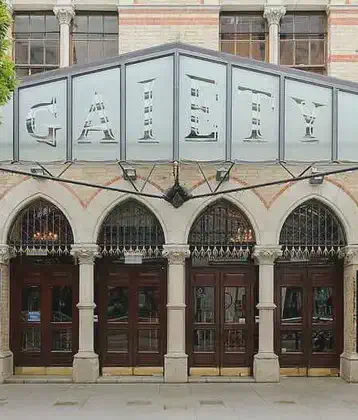
The Gaiety Theatre, Dublin, opens with a performance of She Stoops to Conquer
November 27, 1871
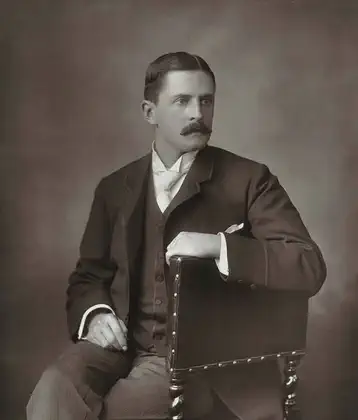
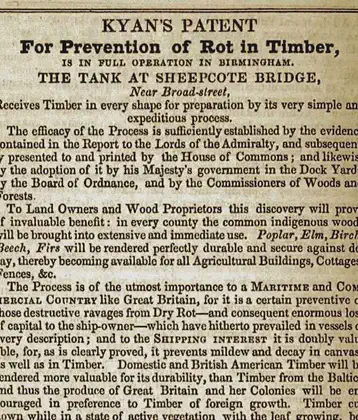
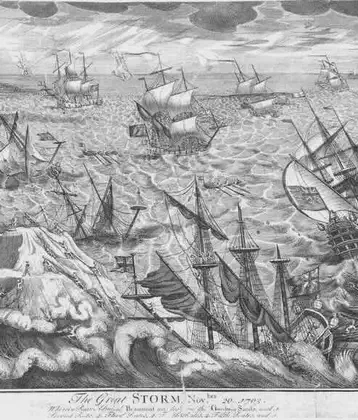
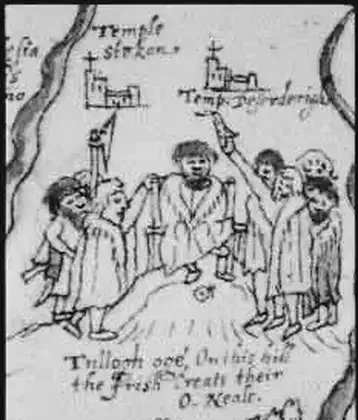
Dungannon, Co. Tyrone, is the first of 40 new boroughs to be incorporated
November 27, 1612
